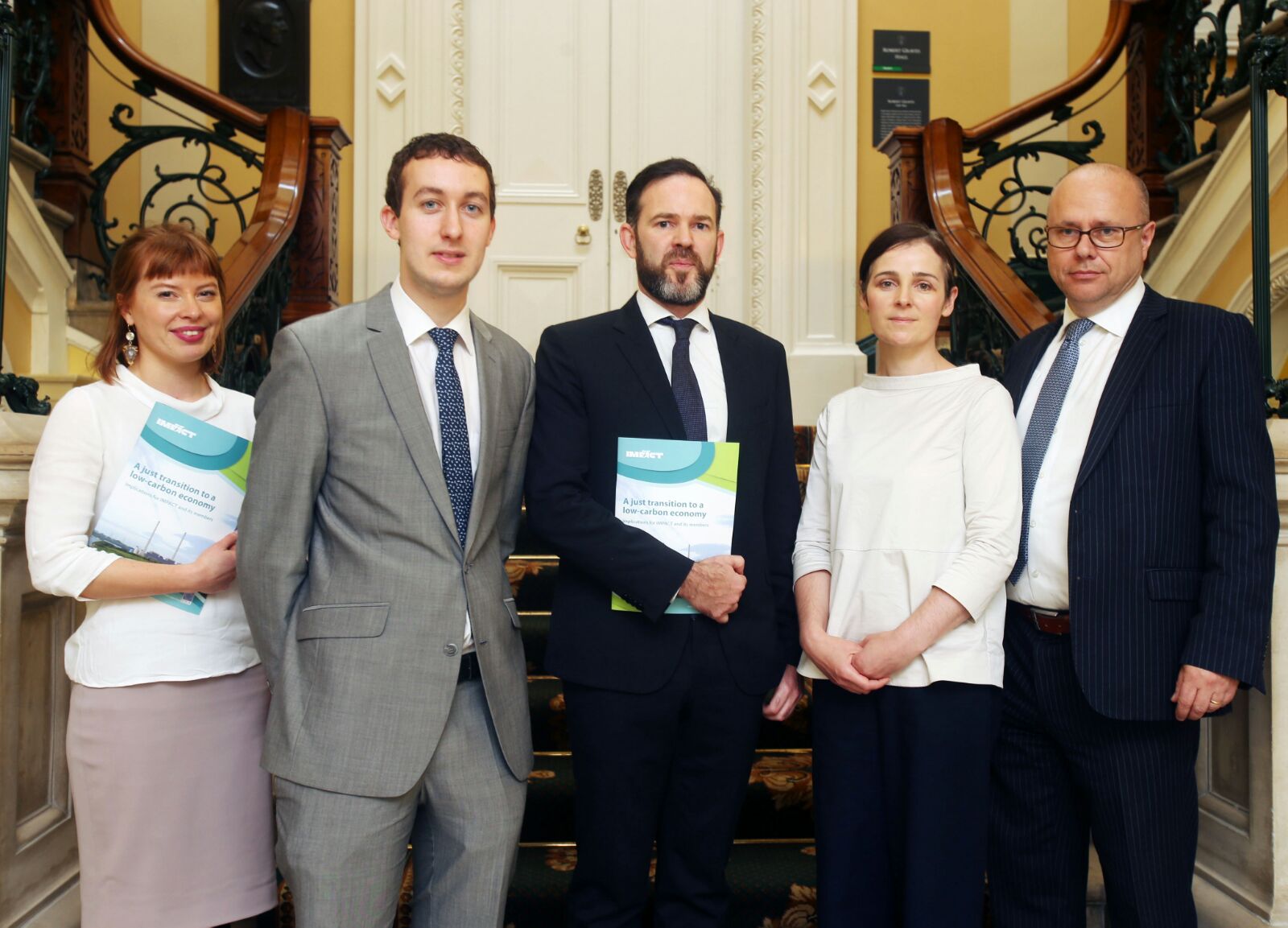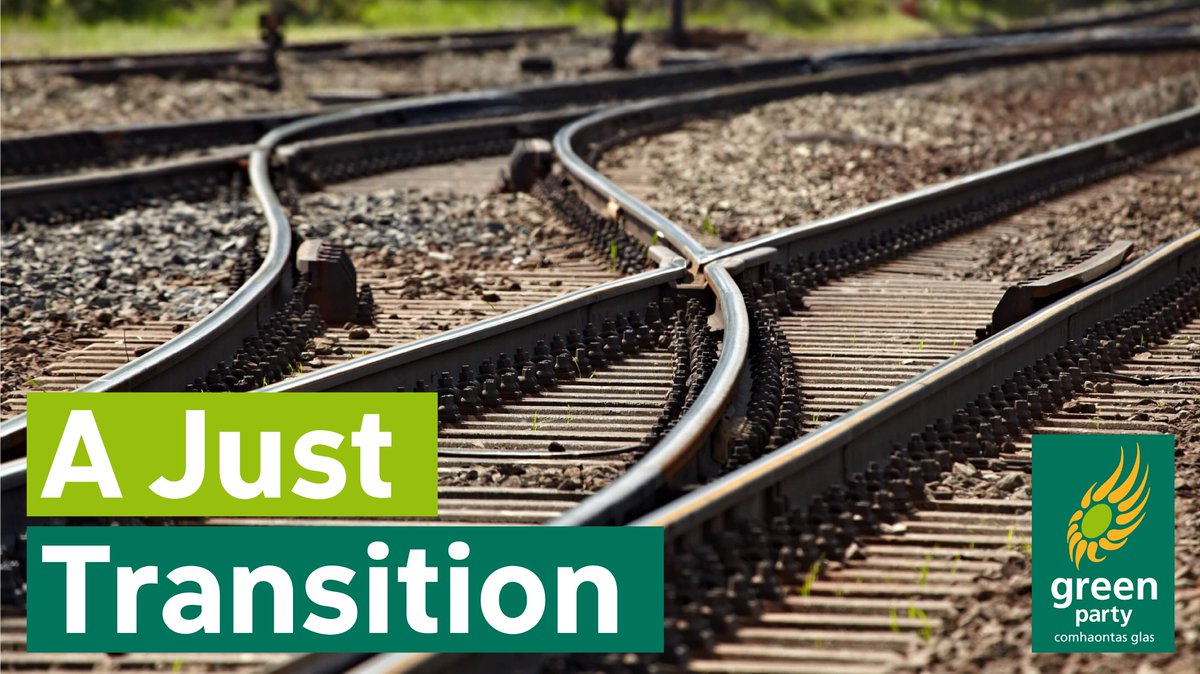Manifesto Watch: SocDems on climate and biodiversity

February 6th, 2020
As we enter the final days of the election cycle, we are asking where the parties stand on climate and biodiversity. Next up, we delve into the Social Democrat’s manifesto, starting with its well-thought out biodiversity policy.
Biodiversity
The Social Democrats have outlined a very comprehensive biodiversity plan, only rivaled by the Green Party in terms of both ambition and concrete actionable measures.
Party policies include the voluntary purchase of unprofitable farmland for converting to native woodland. This would help to achieve the party’s other goal of connecting and doubling the size of protected nature reserves across the island.
The party also wants to bring in new legislation to improve urban biodiversity, expand wildlife corridors across the country, and examine upstream natural based solutions for flood relief.
It also plans to provide “significant state funding” for the conservation of endangered and vulnerable native species, as well as providing additional resources to monitor and tackle invasive species.
The establishment of a Wildlife Crime Unit within An Garda Siochana, the protection of existing hedgerows and trees in the planning process, and the potential eliminating of non-agricultural pesticide use also form part of the Social Democrats ambitious plan.
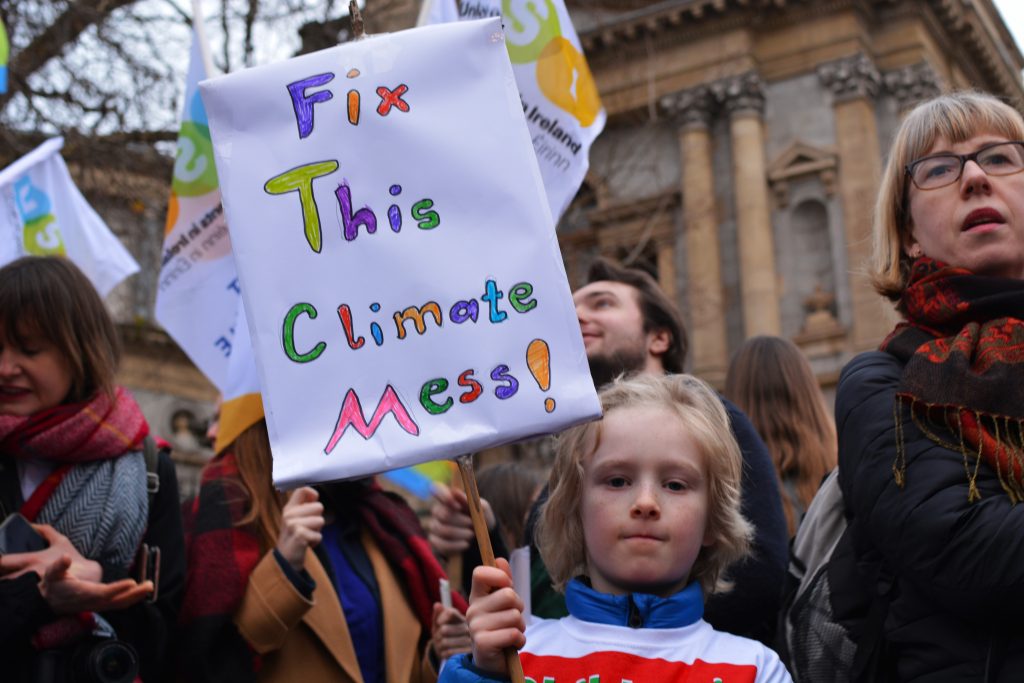
Climate targets, Just Transition and Energy
The party aims to halve Ireland’s emissions by 2030 in line with the EU’s goal for higher ambition and places the Just Transition as central to its approach to the climate emergency and, like several parties on the left, are in favour of setting up a Just Transition Task Force.
The party wants to ring-fence income from carbon taxes to fund the retrofitting of homes, improve electric vehicle infrastructure, and other low carbon measures of benefit to all income brackets.
It wants to establish a new Offshore Wind Development Agency to attract investment in the sector, as well as grant-aiding small-hydro schemes with a focus on community-led projects. It will also support current grants for solar panel installation but does not indicate if it plans to offer more ambitious funding or feed-in tariffs in the future.
The party would uphold the national ban on fracking, legislate to block fracked gas imports, support the phase out of peat-burning power stations (although there is no date set), and also wants to reduce, but not end, subsidies for non-renewables over the next five years.
Unlike most other parties on the left, the SocDems are vague on a transition away from fossil fuels, acknowledging a “need to continue the use of fossil fuels in the interim” and would phase out offshore drilling for oil and gas.
Transport
The manifesto outlines its desire to bring Ireland closer in line with our EU counterparts in terms of public and active transport infrastructure, including re-balancing spending in the National Development Plan (NDP) away from road infrastructure and toward public transport, including improved funding for the expansion of public bus fleets.
The party wants funds generated through greater than expected corporation tax or any possible Apple dividend to be ring-fenced for the “game-changer” DART Underground project. Meeting this demand will be a condition of entering any future Government, the party says.
Charges for school transport will be abolished and the party also wants to reduce public transport fares and to examine alternative no or low-fare models that are in place in other EU states. It also opposes any attempt to privatise bus routes and wants to put an extra €80 million into the Local Link rural small, community-based bus service. The current budget is €21m.
Cycling is also a key part of the party’s transport policy, including a significant improvement in funding to equal 10 per cent of the land transport budget and for 20 per cent of the overall transport capital budget to go to cycling and walking. Appropriate segregation lanes, better enforcement and training, support for active transport to schools, and more greenways and urban bike schemes are also included in the manifesto.
The party also wants all new major developments to have adequate provision for electric vehicle charging infrastructure, and a new public transport policing unit set up.
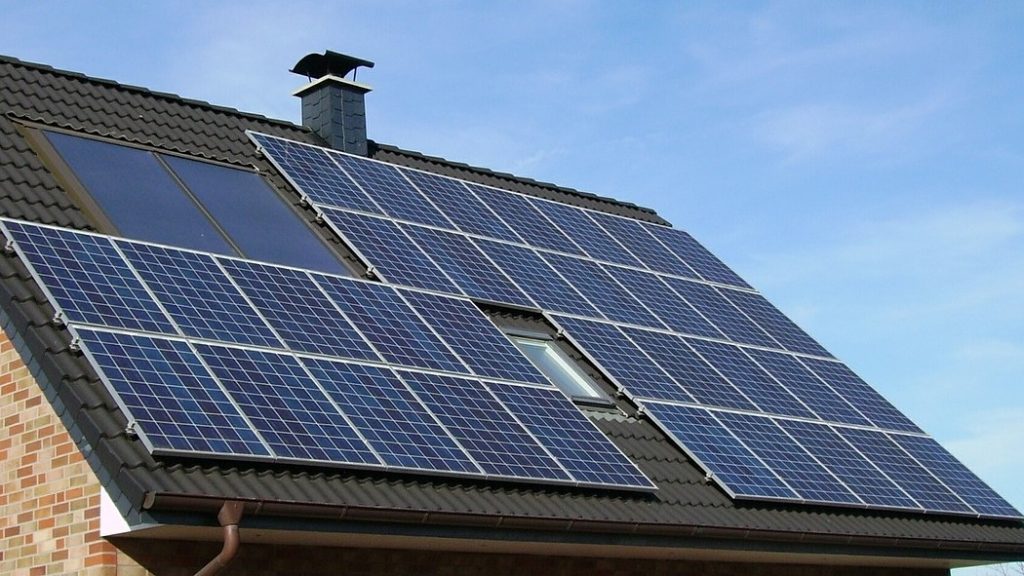
Housing
Like the Greens, the party also wants to bring forward legislate to stop land hoarding by introducing a site value tax. The SocDems would ensure that the tax is set at an annual rate that exceeds inflation in land values in that local authority.
The SocDems also want extensive residentially zoned public land to be made available to public authorities to build homes that are affordable following the O’Cualann model in Ballymun where the company built community-orientated, energy efficient homes at an affordable price.
The manifesto outlines plans to expand existing retrofitting grant schemes and introduce a pay-as-you-save home insulation loan scheme, however, it is vague on figures.
The party also supports district heating options such as the proposal to use excess heat from the Poolbeg Incinerator to supply energy to homes and businesses that will be built on the nearby former glass bottle factory site.
Waste
The party has a strong mandate on cracking down on illegal dumping and would also establish higher targets for household and business recycling and compost bin services, as well as setting higher food waste targets. It would also review of the effectiveness of the Repak Scheme in terms of how we approach waste and the roles of producers, retailers and consumers.
Funding would be reinstated to develop recycling centres, and the party would support the creation of more social enterprises such as the Rediscovery Centre, Food Cloud, and Recreate Ireland and other charities and businesses working to advance a circular economy model.
The manifesto also outlines plans to provide better consumer information on recycling and bring in regulations to ensure that anything sold with a recyclable label must be recyclable in-country. A levy on plastics that cannot be readily recycled would also be introduced, and a deposit-return scheme introduced (similar to that proposed by the Green Party).
It would set down a new environmental levy on aggregates extracted for the construction industry and encourage the recycling of aggregates and more sustainable use of our natural resources.
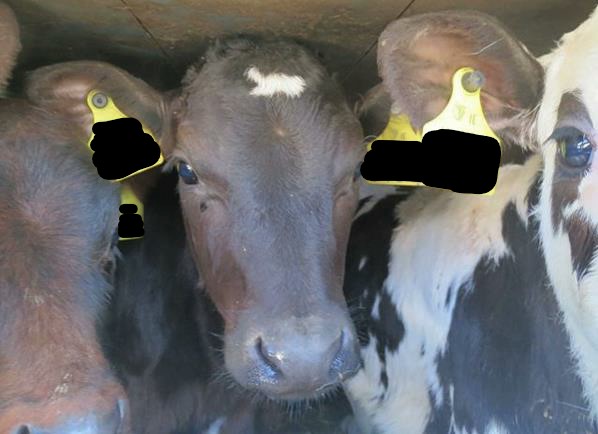
Agriculture
On agriculture, the party would support a move away from intensive monoculture farming, and support a fair and simpler CAP which ensures more farm payments for low-income farmers. It would also further develop horticulture and organic farming, but does not mention its position on any possible reduction of livestock numbers.
It wants to ensure biodiversity is protected on farm, and would increase funding to farmers in Areas of Natural Constraint and Special Areas of Conservation. The party would also formalise walking routes through commonages in the uplands and greenway programmes (pending public consultation processes).
The party favours a ban on live exports of animals to countries with poor animal welfare protections, although there are issues with conditions of livestock exported to other EU states. The party is also against fox-hunting and fur-farming and would aim to improve animal welfare standards.
On fisheries, it would introduce marine protected areas to cover certain nurseries and work towards an EU-wide ban on super-trawlers.
Enforcement and transparency
The party would ensure that the EPA and Local Authorities meet their responsibilities in terms of only allowing waste operations on suitable sites and under strict and enforceable conditions.
While not explicitly focused on climate or biodiversity, the Social Democrats have outlined extensive plans to strengthen transparency in decision-making from public authorities that could reinforce environmental rules and ensure poor planning and policy decisions are scrutinised or do not even occur in the first place.
For example, the party wants to introduce an Oireachtas Committee vetting procedure for all senior appointments to public bodies to ensure that appointments are made on the basis of merit, suitability and qualification. In addition, the party would reform the Ministers and Secretaries Act to make senior civil servants accountable for their actions.
In addition, it would introduce an e-governance platform and publish extensive open source data, and bring in a clear and transparent system of resource allocation based on objective, pre-constructed and evidence-based criteria.
The party would also end the practise of no minute taking at official meetings to ensure that the public can have access to accurate records of key government decisions and actions, and would also ensure that lobbying activities are more closely scrutinised.
[x_author title=”About the Author”]

